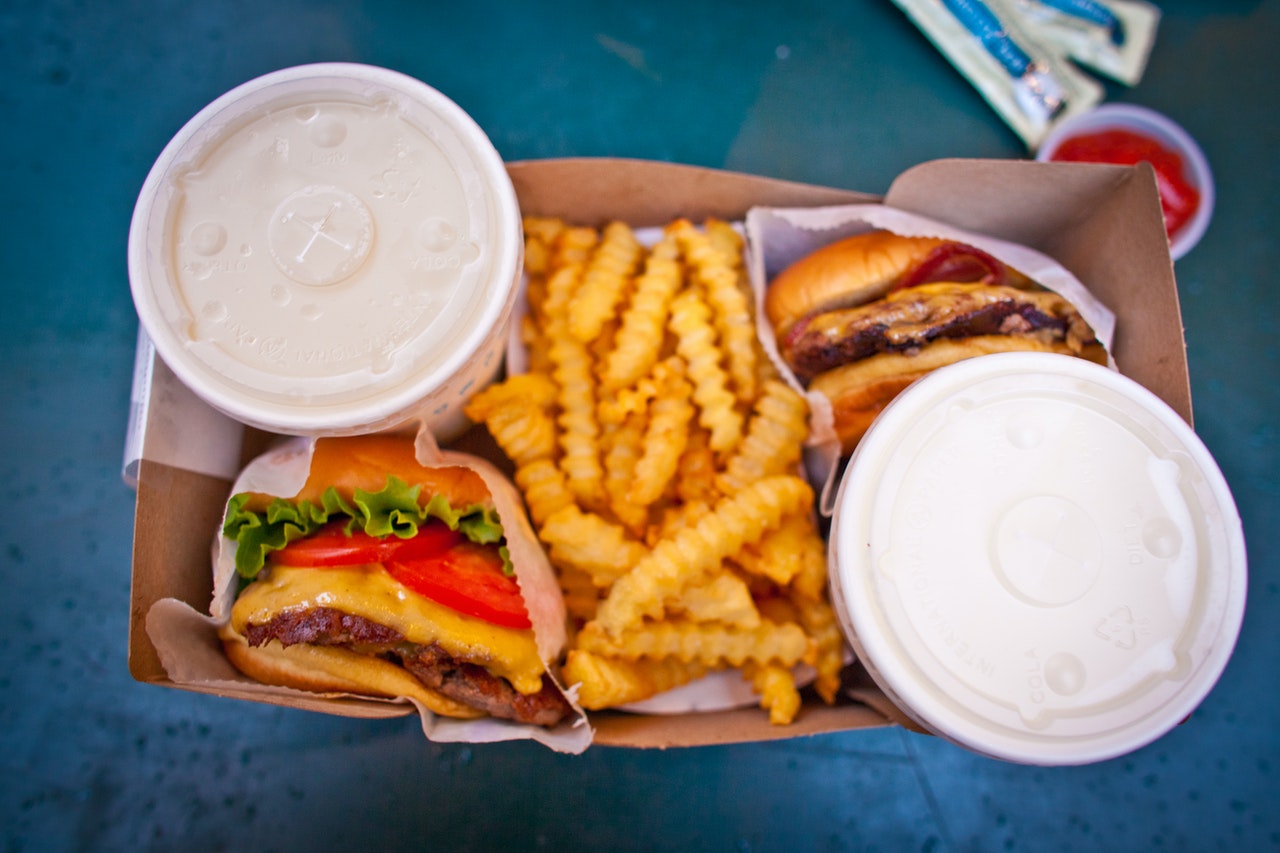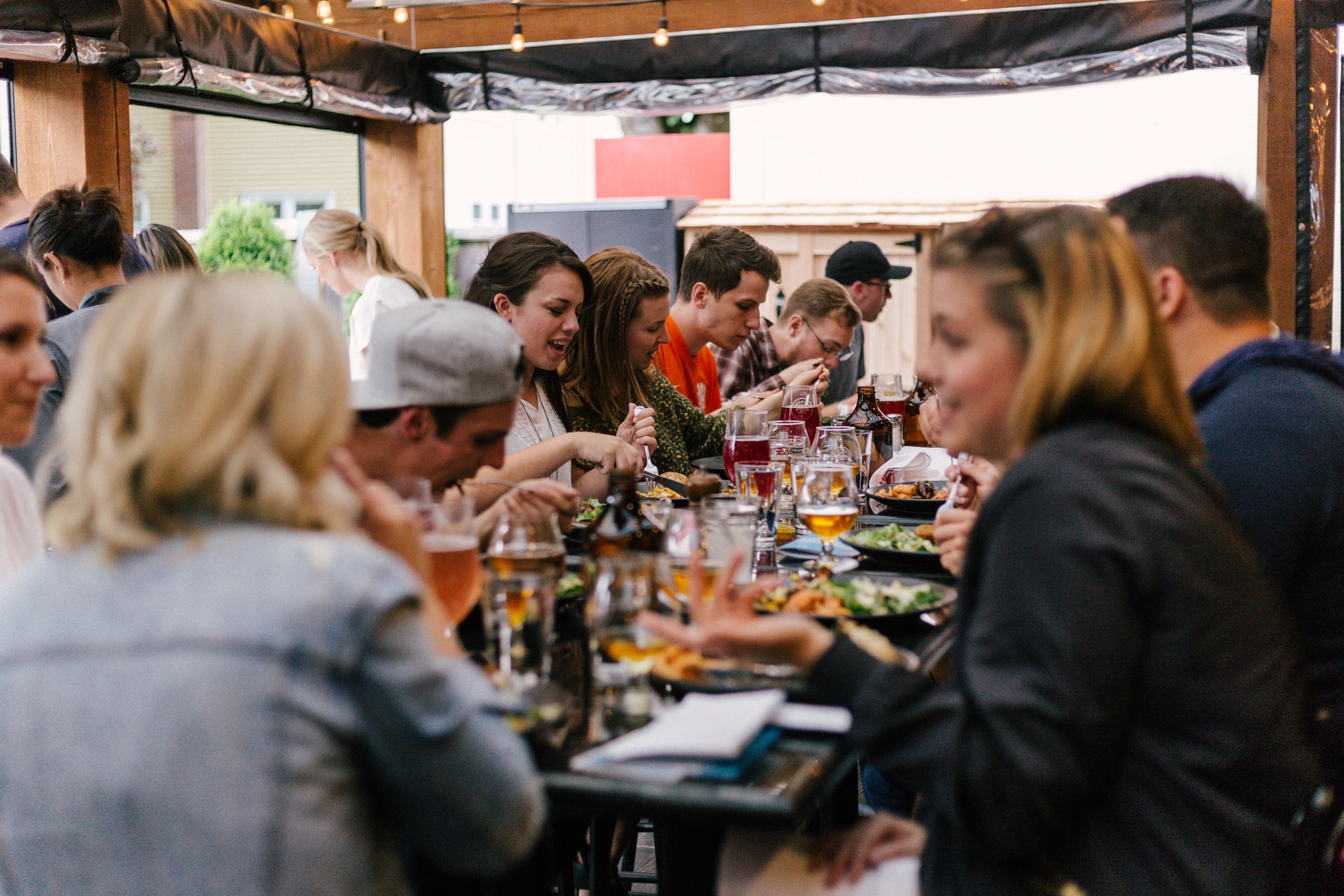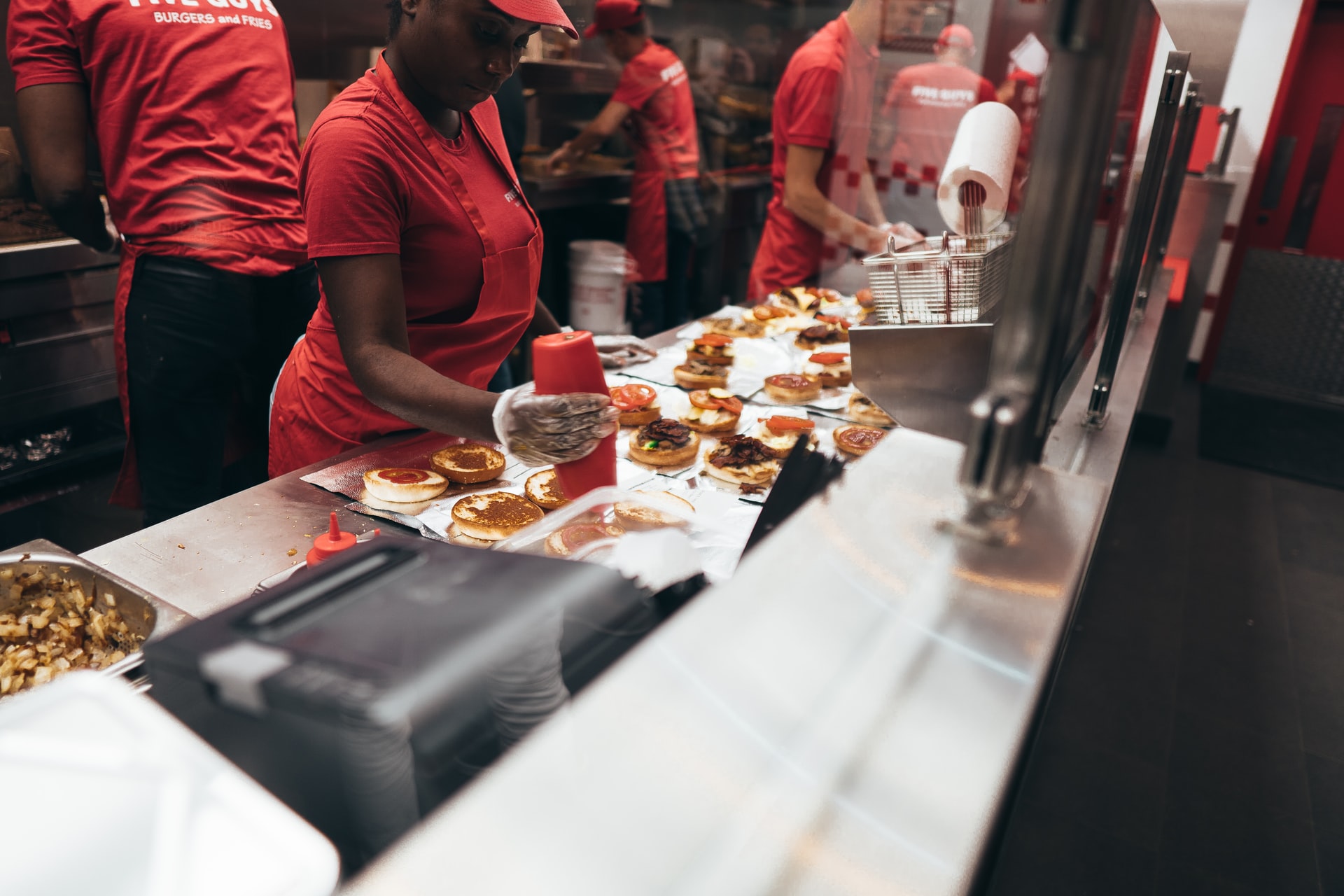Before the reign of Applebees and other fast-casual restaurant chains, eating out was an experience. People didn't spend their hard-earned cash on meals they could make at home. Instead, eating out was a reward where you treated yourself to locally sourced and unique meals full of flavor.
Unfortunately, the modern era demands more of people's time and focus. The traditional ways of cooking at home or enjoying a meal surrounded by family are rare. Now, technology crowds the tables, and countless cat videos echo through crowded lobbies where voices and interesting conversations used to take root.
While chain restaurants are not the only problem, they do contribute to a growing sense of money, abundance, and speed over quality. Additionally, chain restaurants can dilute the entrepreneurial spirit. The next time you want to take your family out for an enjoyable meal, consider avoiding chain restaurants and supporting local small businesses.
Chain Restaurants Do Not Offer Unique Experiences

Chain restaurants do not offer unique experiences; they are built on the premise of scalability. Therefore, regardless of where you are in the country or the world, every restaurant has the same menu. Unfortunately, the menus are rarely creative or unique to a particular establishment. Many fast-casual chains offer the same or similar menu items as competitors.
Additionally, chain restaurants are expensive for what they offer. Many chains provide ridiculous proportions to take away from the sticker shock, contributing to food waste.
Unfortunately, because of the popularity of chain restaurants and the risks associated with investing in unproven restaurant models, investors will continue to push chains and increase brand reach. The only way investors will take another approach is when the risks outweigh the rewards. Therefore, it is up to consumers to motivate a change in the model by focusing their purchasing power on smaller local establishments.
Many Local Restaurants Depend on Local Resources

While not always true, many local restaurants providing unique local experiences favor locally sourced produce and products. Supporting local farms and businesses is not only good for the community but is also good for the environment.
Chain restaurants focused on a specific brand flavor profile typically stick to centralized production, shipping produce and products nationally and internationally. The logistics of chain operations contribute to environmental problems. Additionally, depending on the distance from transportation hubs, consumers might not receive the freshest ingredients. Finally, logistics plays a role in consumer costs, meaning you pay more for your meal.
Locally sourced goods and produce help contain costs and environmental impact. Additionally, a local or independent restaurant offers more unique flavors in potentially diverse environments.
Chain Restaurants Are Not More Social

Despite the advertisements promising good times and good eats, chain restaurants rarely deliver on both. Chains are all about profits, meaning the more people they can pack into a building, the better. Noise is often too great for any real conversation, and the idea of intimate or private discussions is near impossible.
Small restaurants cater to both the palette and the experience. An intimate romantic restaurant will often have less seating, lighter meals, and a quieter atmosphere. A local family restaurant will have larger tables, and more significant portions, with a fun and bright environment.
Chain restaurants are not inherently bad. In some situations, a chain offers exactly what you want. Still, most people favor local restaurants and flavors over heavily branded bland foods. When you want to reconnect or socialize, a local establishment is best.

